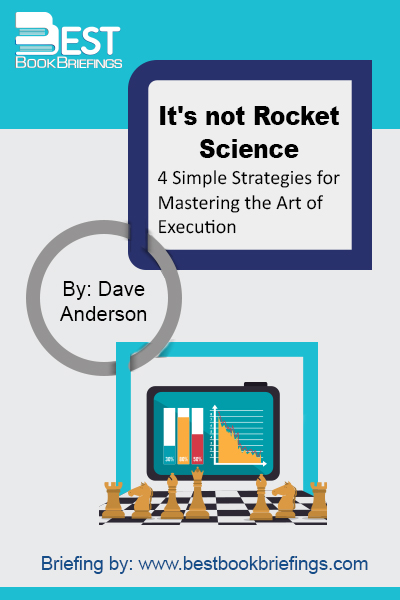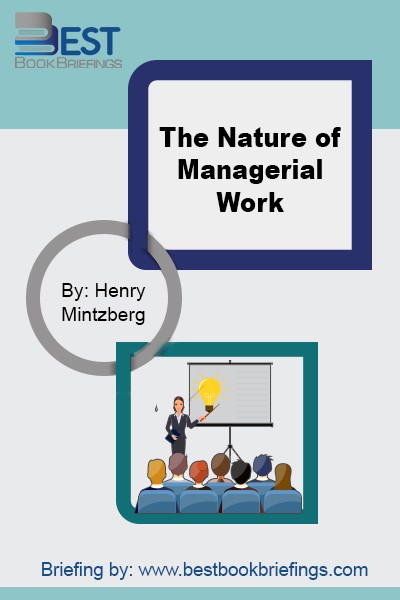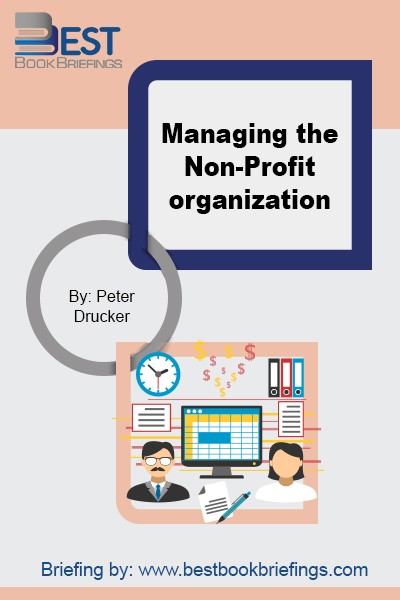The Essential Drucker
The Best of Sixty Years of Peter Drucker's Essential Writings on Management
Number of pages: 368
Publisher: Harper Business
BBB Library: Operations Management
ISBN: 9780061345012
Editorial Review
Containing twenty-six selections, The Essential Drucker covers the basic principles and concerns of management and its problems, challenges, and opportunities, giving managers, executives, and professionals the tools to perform the tasks that the economy and society of tomorrow will demand of them.
Book Reviews
Books on Related Topics

Gallup Co. assembled a selected group of its social scientists to examine the 1 million employee interviews in its database in order to find which survey questions were most powerful in explaining worker's productive motivations on the job. Ultimately, 12 elements of work life emerged as the core of the unwritten

Management guru Peter Drucker widely regarded as the father of modern management. During his remarkable life and career, he inspired countless business and political leaders. Drucker's key business tents include: Serve the customer: The purpose of a business is to create and serve a customer. Act, don't just talk: Management takes hard work,

A half century ago, Peter Drucker put management on the map. Leadership has since pushed it off the map. We are now inundated with stories about the grand successes and even grander failures of the great leaders. But we have yet to come to grips with the simple realities of being

Shifting sands do not make for a sustainable structure. If your organization is to be robust and strong enough to weather any storm, the strength must come from the very core; the ability for each member of your team to execute daily and effectively towards your organization's most compelling goals. This

The quantity of work to be done, or that the manager chooses to do, during the day is substantial and the pace is unrelenting. Why do managers adopt this pace and workload? One major reason is the inherently open-ended nature of the job. The manager must always keep going, never sure






